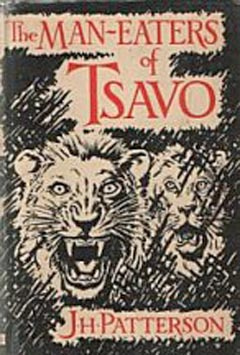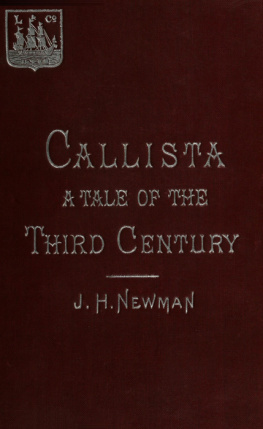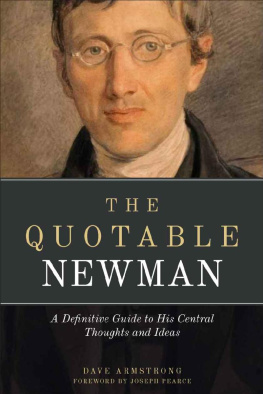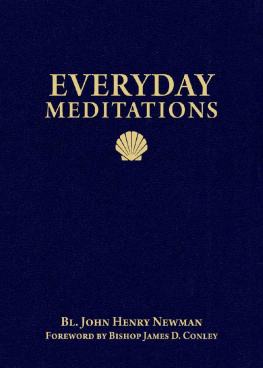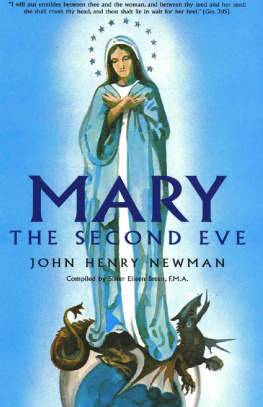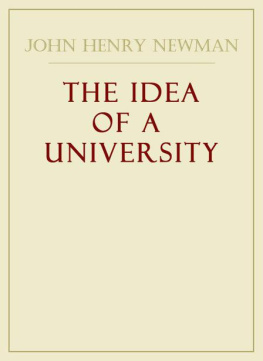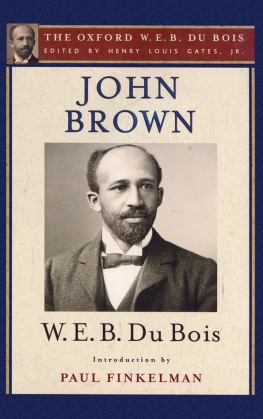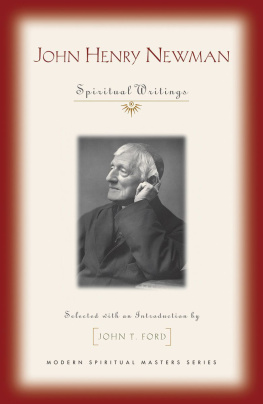STEWARDSHIP OF THE SOIL
WORST
The
STEWARDSHIP
OF THE SOIL
Address by
JOHN HENRY WORST
President of NORTH DAKOTA
AGRICULTURAL COLLEGE
The Stewardship
of the Soil
BACCALAUREATE ADDRESS BY
JOHN HENRY WORST
PRESIDENT NORTH DAKOTA
AGRICULTURAL COLLEGE
Delivered at the Twenty First Annual Commencement of the
North Dakota Agricultural College
Fargo, North Dakota, June Sixth, Nineteen Hundred Fifteen
The Stewardship of the Soil
By J. H. WORST
Our ambitious young commonwealth, in conjunction with other states comprising the great Northwest, occupies a commanding position in the industrial and economic affairs of this nation.
Mines of gold and silver or forests primeval North Dakota does not have; but from the millions of fertile acres comprising our vast agricultural empire, we may reap a golden harvest every year that will exceed in wealth the output of all the golden placers in the western mountains.
The harvest of minerals, however, can be gathered but once. Time will not restore the precious nuggets.
The forests once harvested can, at great expense, be renewed in the course of a century; but our harvest of domestic plants and animals recurs with every passing season to recompense the farmer for his toil and to enrich the farmer's friends.
What a precious theme is harvest! The hopes, the well-being, the life of the world is fast bound up in the magic of this single word.
The soil upon which the harvest depends, moreover, is God's benediction to humanity. Measured by consequences, Heaven has vouchsafed no form of stewardship that is fraught with such tremendous responsibilities as this stewardship of the soil. In the final analysis this stewardship represents the farmer's obligation to society.
And yet sacred as is the soil and binding as is the farmer's obligation to society, the means for providing the world's food is nevertheless at his mercy.
It is a well-known fact that the soil can readily be depleted of its fertility and thus robbed of its strength by a system of exploitation, commonly referred to as "extensive farming." Too much of our land is being thus exploited. On the other hand the productiveness of the soil may be very greatly improved. Denmark, Belgium, Germany, and other European nations have fully demonstrated, that by the application of science to the art of agriculture, the productiveness of the soil can be multiplied almost to the limit of necessity.
A Progressive Agriculture. Fortunately Nature has supplied every means for the development of a progressive and permanent agriculture. It is also obvious that it is man's privilege, if not his mission, to improve upon Natureto substitute quality for mere physical endurance, in agricultural products.
By the grace of Providence the individuals of the animal and vegetable kingdoms were not created inflexible in habit or perfect in form, but they may be changed in character and quality and intrinsic worth at the will of the intelligent and observing farmer. To this end agricultural education lends its beneficent influence. Man's dominion over Nature would be such in name only were it not for the class-room and the laboratory, for research and investigation; for by these means scientific knowledge is obtained and diffused and eventually brought to bear upon the solution of the most vital problems that concern the human family. These problems center largely around food and clothing. To supply these necessities an industry is createdthe business of agriculturethe most important industry in all the world. An industry of such fundamental importance, moreover, should receive from the states and from the federal government financial consideration in proportion to its moral and economic importance as well as to the probabilities that may be entertained for its continued improvement. For abundant as are earth's natural resources, yet without the aid and direction of human intelligence they could not supply the world's ever increasing population with food, clothing and shelter. Complying with known conditions of natural reciprocity, however, the animal and vegetable kingdoms submit to whatever modifications become necessary in order to supply the needs of the human family.
Nature's Forces Operate Blindly. Moved, therefore, partly by necessity and partly by curiosity, the material world has been and is being continually modified by the ingenuity of man. Undirected, however, Nature's forces act blindly; hence, produce mainly such qualities in organic life as endurance, or adaptation to local soil and climatic conditions. In the animal and vegetable kingdoms the universal demand of Nature is to perpetuate their species"to produce after their own kind." In accordance with this law the humblest plant or animal is compelled to maintain a perpetual warfare against its fellows for means of subsistence.
This competition for nourishment is usually so sharp and continuous that mere existence or endurance rather than excellence or quality, seems to be the end and aim of natural law. Hence, the strong survive and the weak perish.
Beginnings of Agriculture. Here agriculture begins. By relieving plants of this intense competition by means of tillage, and by selecting the most promising for domestication, they are enabled to use all their energy for the development of those qualities which add to their intrinsic value, instead of expending it in the struggle for existence. Given, thus, free access to the soil and sunshine, with needful nourishment supplied and their fungous or parasitical enemies destroyed, the domesticated plants yield trustful obedience to the protecting hand of the husbandman. Freed altogether from the necessity of self-protection they become prolific and pour into the world's bread basket in marvelous abundance the seedsa single one of which would suffice to answer Nature's law for the propagation of species. This surplus of yield for which each plant has need of but a single seed, and more especially this improvement of quality for which the plant has no concern, is Nature's reciprocal reward for having given her children gratuitously that protection which otherwise they would have had to provide for themselves.
Nor is animal life less susceptible of improvement. Between the animal wild and the animal domesticatedthat is whether Nature-bred or man-bredthe range in quality is as marked as that which separates the savage from the philosopher.
Nature demands only strength, endurance; but man demands quality and excellence, and he proceeds scientifically to accomplish his purpose. By conscious design and a sort of mental architecture the animal to be is planned, and the picture thus conceived in the brain of the breeder becomes incarnated in the form, size and character of the animal. Not only is the animal created with the desired quality as to its parts and products, but its nature is transformed from fear and ferocity to that of trust and docility.
For example the descendants of the wild horse are not only changed from vicious brutes to trustful beasts of burden, but are also differentiated into many different breeds to meet the demands of strength, speed or endurance. Specimens of such breeds as the Belgian, Percheron or Hambletonian exist as monuments to the breeder's art no less renowned and for more useful purpose than anything in Nature, the likeness of which the sculptor has wrought in marble or the artist has transferred from life to canvass.




